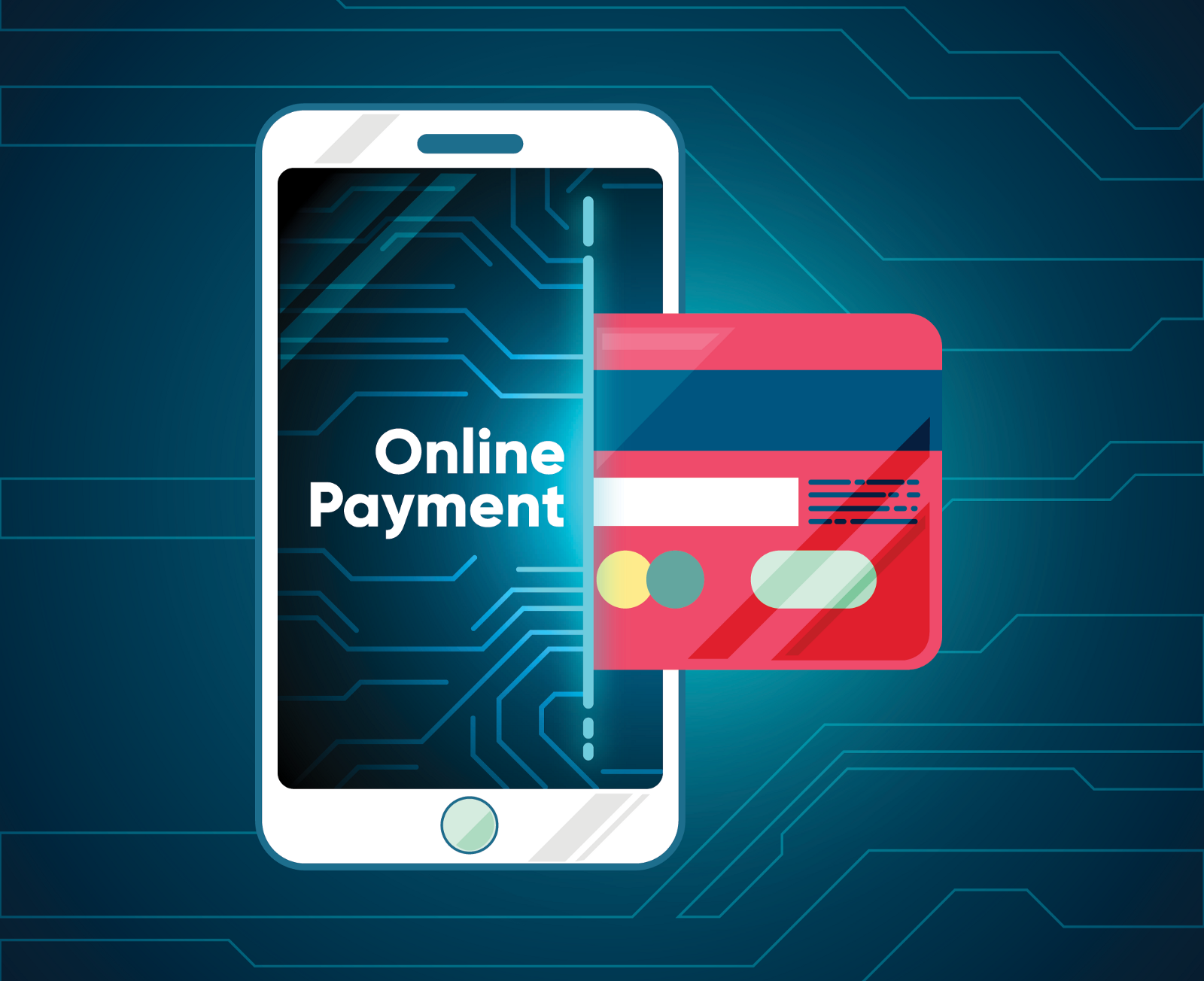In an era where digital transactions are not just a convenience but a necessity, ensuring exceptional security measures is paramount. This post aims to equip you with knowledge and tools to safeguard your online financial activities.
From understanding the basic fundamentals of digital transaction security to implementing advanced protective measures, we cover a broad spectrum of essentials for securing your online purchases and transfers. Embrace these guidelines to fortify your digital dealings against potential threats.
Understanding the Basics of Digital Security
Exceptional digital security begins with the fundamentals. Recognizing the common vulnerabilities in online transactions can significantly reduce potential risks. Secure Socket Layer (SSL) encryption, two-factor authentication (2FA), and strong password policies are foundational elements that should never be overlooked.
Ensure that the URL of the websites where you perform transactions begins with “https,” indicating that SSL encryption is in place. This encryption creates a secure channel between your browser and the web server, safeguarding your data from unauthorized access.
Activating 2FA adds an extra layer of security, requiring not just a password and username but also something only the user has on them, i.e., a piece of information only they should know or have immediately to hand – like a physical token.
Creating strong, unique passwords for each online account and changing them regularly can also deter cybercriminals from gaining access to your sensitive information.
Advanced Tools for Enhanced Protection
Incorporating advanced security tools into your online transactions can provide additional layers of protection. Virtual private networks (VPNs), anti-malware software, and secure payment gateways are crucial for exceptional digital safety.
VPNs encrypt your internet connection, hiding your IP address and preventing hackers from intercepting your data. This is particularly important when transacting over public Wi-Fi networks, which are often unsecured and pose significant risks.
Anti-malware software protects your devices from malicious software that can steal personal information or damage your system. Regular scans and real-time protection features are key to keeping your devices secure.
Selecting Secure Payment Methods
Choosing secure payment options is crucial for safeguarding your financial transactions online. Credit cards, reputable online payment platforms, and cryptocurrency are among the safer choices.
Credit cards often offer fraud protection and can limit your liability in case of unauthorized transactions. Online payment services like PayPal provide secure transaction environments and additional layers of security.
For an added level of anonymity and security, cryptocurrencies offer decentralized transactions that are difficult to tamper with due to blockchain technology.
Regardless of the method, always verify the legitimacy of the merchant or service provider before completing any transaction.
Behavioral Practices to Ensure Safety
Exceptional online transaction security is not solely reliant on technological tools but also on personal vigilance and safe online behaviors.
Be wary of phishing scams and other forms of social engineering that aim to trick you into divulging personal information. Always verify the source of emails or messages that request sensitive data.
Avoid performing financial transactions on public computers or Wi-Fi networks, as they could be compromised. Similarly, regular monitoring of your financial statements can help you catch any unauthorized or suspicious transactions early.
Understanding and respecting privacy settings on social media and other online platforms can also reduce your exposure to potential identity theft.
Conclusion
In the digital age, the security of online transactions should never be taken for granted. By incorporating these tools and tips into your online activities, you can achieve exceptional levels of security, protecting both your personal information and finances against the increasingly sophisticated threats of the cyber world.
Remember, maintaining the security of your online transactions is an ongoing process. It requires both the implementation of advanced technological safeguards and a commitment to cautious online behavior. Stay informed, stay vigilant, and ensure your peace of mind in the digital landscape.
Embracing these strategies will not only enhance your security posture but also empower you with confidence in conducting your online transactions. Let’s commit to exceptional security standards and ensure a safer digital environment for all.


